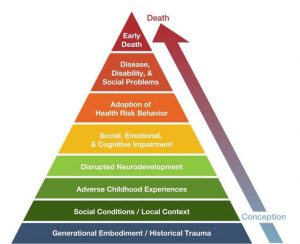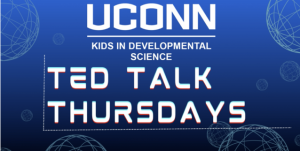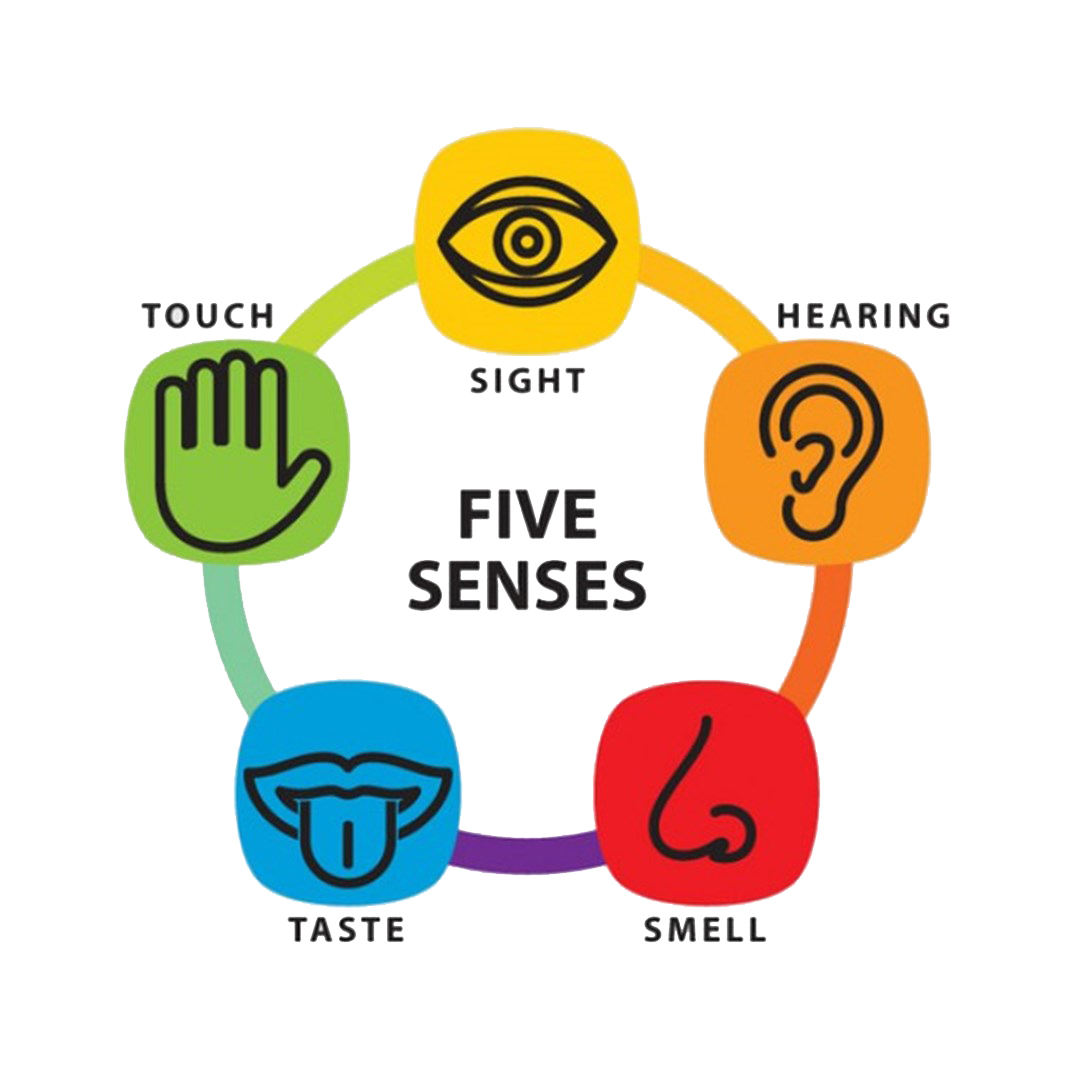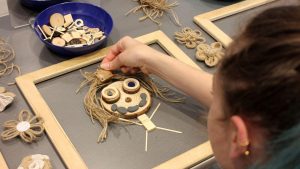
Race is such a diverse construct, and it is so interesting to think about how children understand, or don’t understand, race. Often times we tend to think of race and the concepts of different races as an innate knowledge that we are simply born with the ability to identify. This article dives into the idea that children’s socialization in accordance with race is a conceptual idea that children develop due to what they see, hear, and are told, and it is not an innate understanding. The article explains that in multiple experiments the idea of race is different than common sense or naive biology.
This article indirectly emphasizes the importance of adult interactions in children’s understanding of the world around them. Children are not born with all the knowledge in the world, but they are born with a brain ready to learn and absorb loads of information. This is why it is so important to guide children and help them understand prejudice and social concepts in order for them to gather information to form opinions on the ideals that surround them. This article is very interesting and dives into the ideas of race theory in children and does a good job of showing, through experiments, how this is developed rather than innate.
If you want to read more, click here!
Jenna Coplon
UConn KIDS Research Assistant










